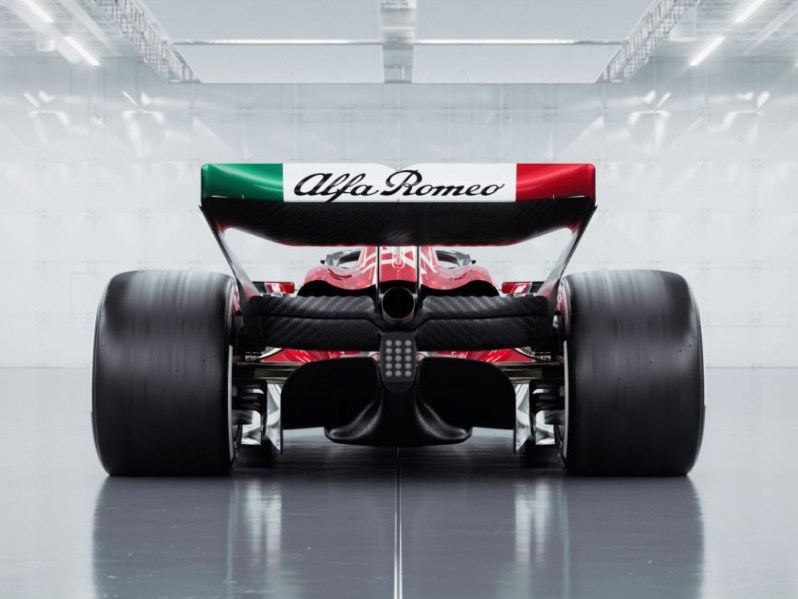
Shortly after the 2023 F1 racing season ended, Alfa Romeo officially announced its departure from Formula 1. This isn’t the first time the storied automotive performance brand has withdrawn from the elite Grand Prix racing circuit, nor should we assume that Alfa Romeo won’t return to F1 racing again.
Originally A.L.F.A. (Anonima Lombarda Fabbrica Automobil), Alfa Romeo’s racing history began in 1911. The company’s cars won major races and titles before the first F1 World Championship Grand Prix season in 1950. Alfa Romeo team drivers won the Drivers’ World Championships in 1950 and 1951. Primarily an engine supplier for other F1 teams from 1961 to 1979, Alfra Romeo once again fielded a factory team from 1979 until 1985. Alfa was inactive in F1 after the 1988 season for 30 years.
In 2018, Alfa Romeo began sponsoring the Sauber Motorsports F1 team, Alfa Romeo Ferrari, a partnership that lasted six seasons. Sauber’s F1 team will continue to use Ferrari power units for the F1 2024 and 2025 seasons, but the team name will change as of December 10. According to an Alfa Romeo new release, the company views this latest period of involvement with F1 racing technology as a significant marketing asset.
Curing Formula 1 racing seasons, 10 F1 teams with two drivers compete for the Driver and Constructor World Championship titles. The F1 Championship points system is a bit complex, but drivers score points primarily depending on their order of finishing in each race, and the teams that compete for the Constructors’ title add the points from the two drivers.
This year’s F1
After the 22 races in the 2023 F1 schedule, Alfa Romeo Ferrari drivers Valtteri Botta and Guanya Zhou finished 16th and 18th in the World Championship Drivers’ competition. Alfa Romeo Ferrari ended the World Championship Constructors scoring in ninth place. Bottas and Zhou will continue as the drivers for the yet-to-be-named Sauber Motorsports team in 2024, according to Sauber.
F1 racecars have engines, but they also have significant components that provide additional power in the form of electricity from engine heat and braking. The term for the combination of elements is “power unit.” For the next two F1 seasons, the new Sauber team will use Ferrari power units. Starting in 2026, when all F1 power units must conform to new F1 racing regulations, Audi will be the engine supplier.
Audi became a minority investor in Sauber’s Alfa Romeo Ferrari team in early 2023. In 2026, Audi reportedly will become the majority investor. Based on monetary support alone, it’s reasonable to assume that when the F.I.A. announces the names of the 2024 F1 teams on December 10, the new team name will include Audi.
Based on Alfa Romeo’s century-plus involvement with auto racing, don’t count on the brand staying away forever. The previous break may have lasted 30 years, but with Formula 1’s rapidly ascending popularity, especially in the U.S., Alfa Romeo may return much sooner than 2053.



